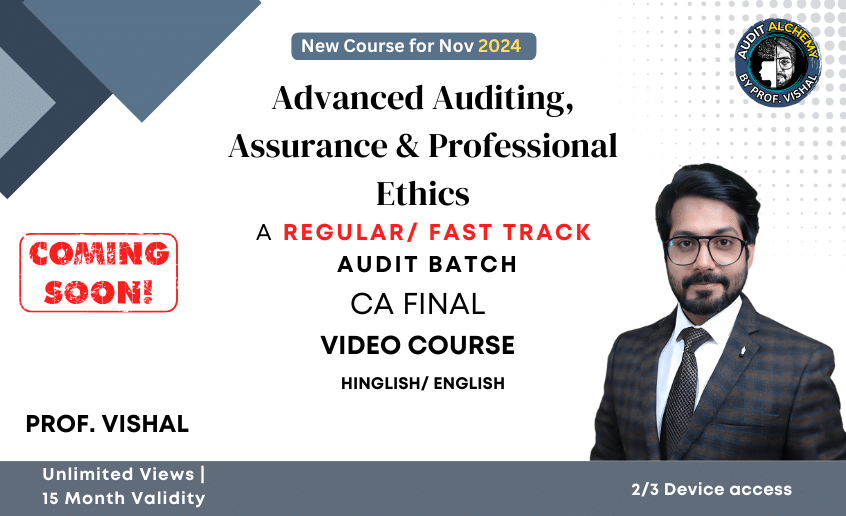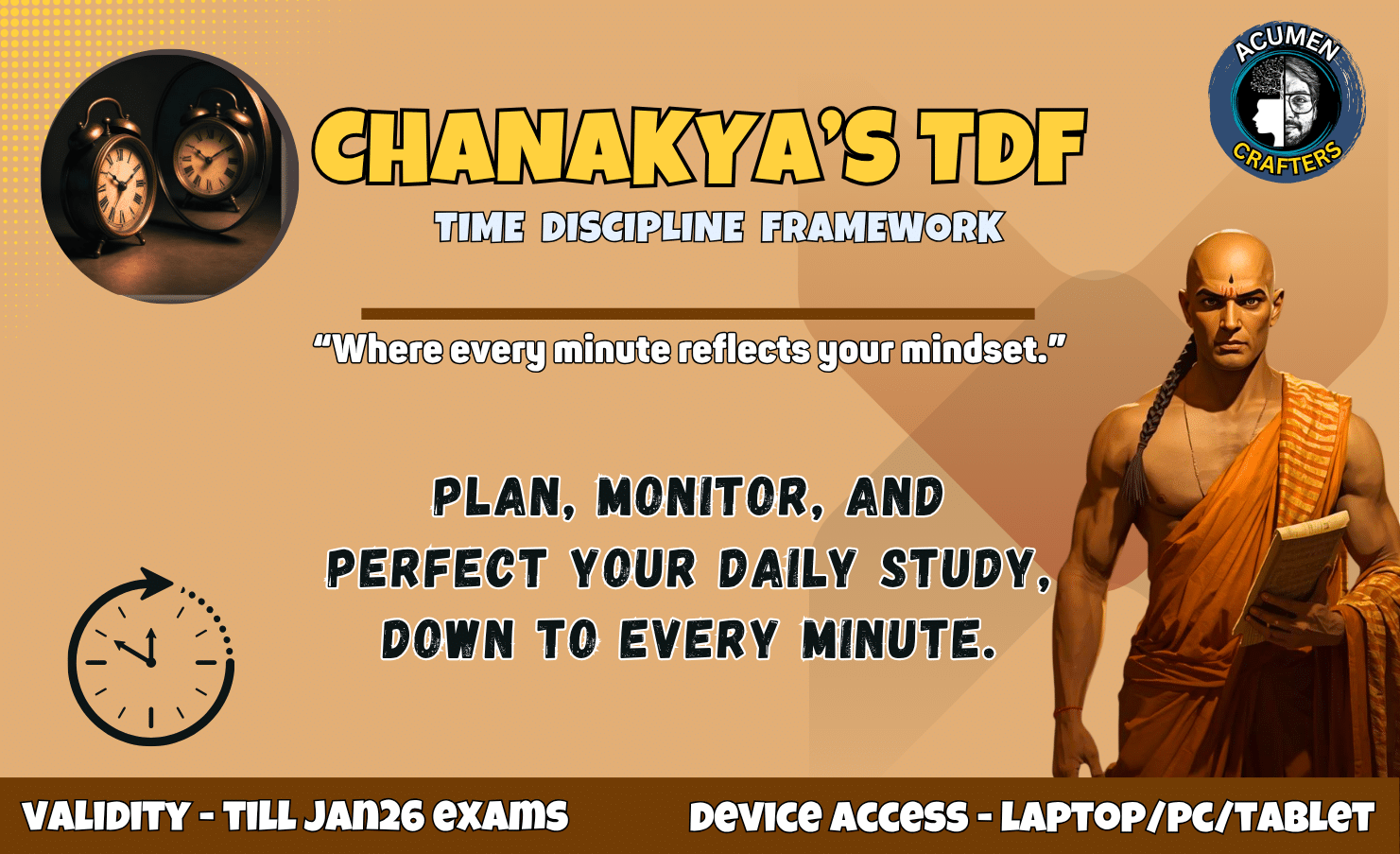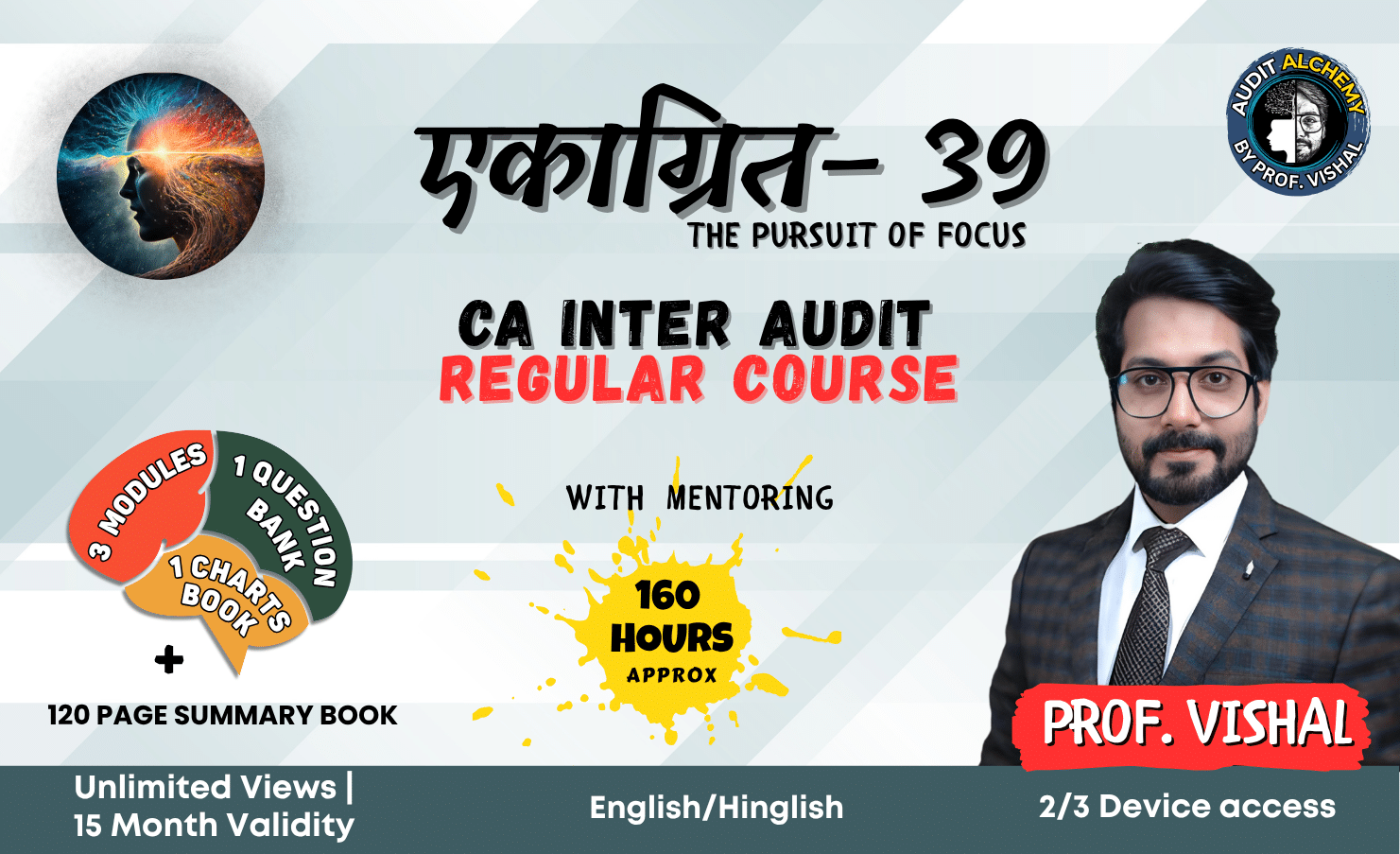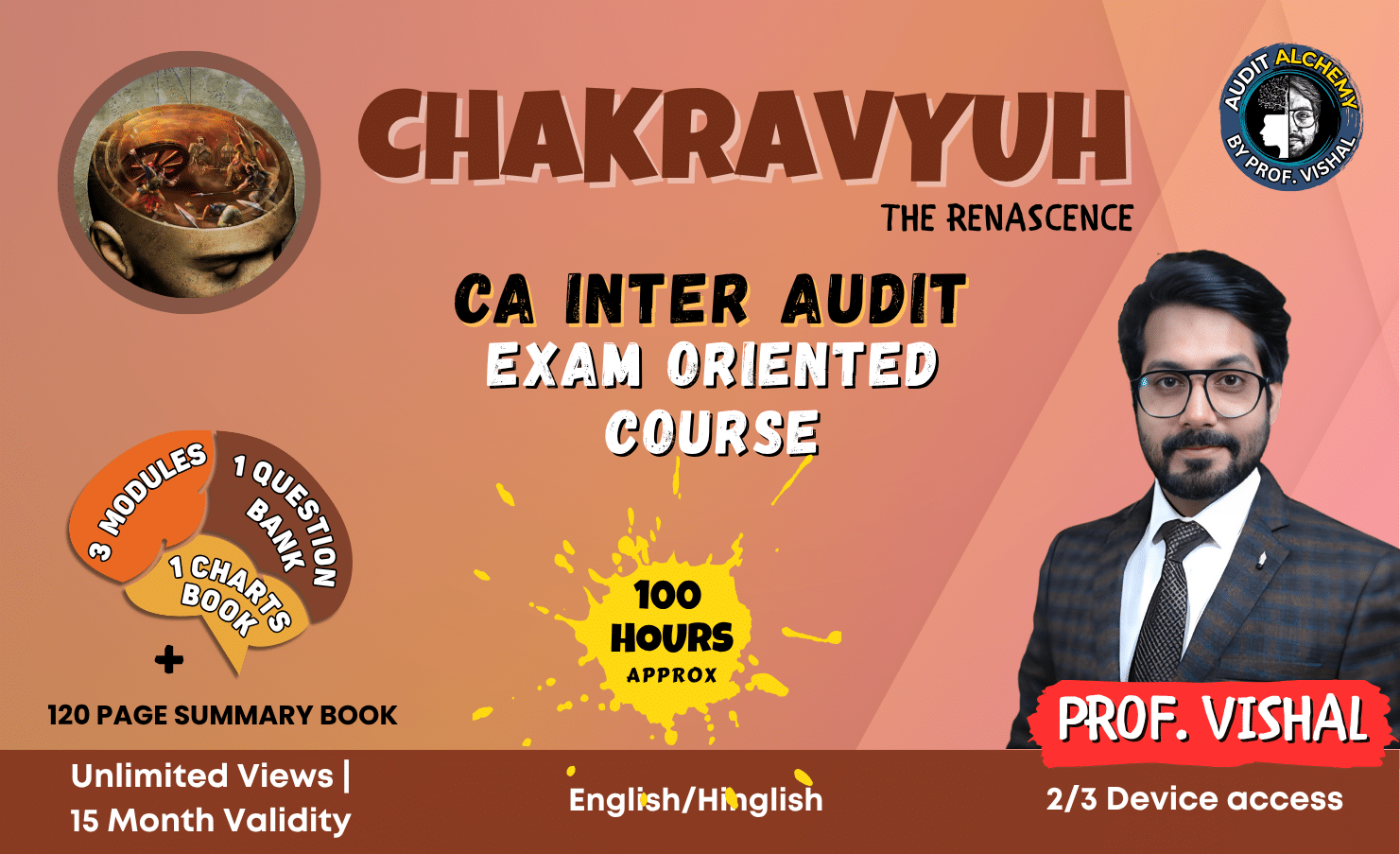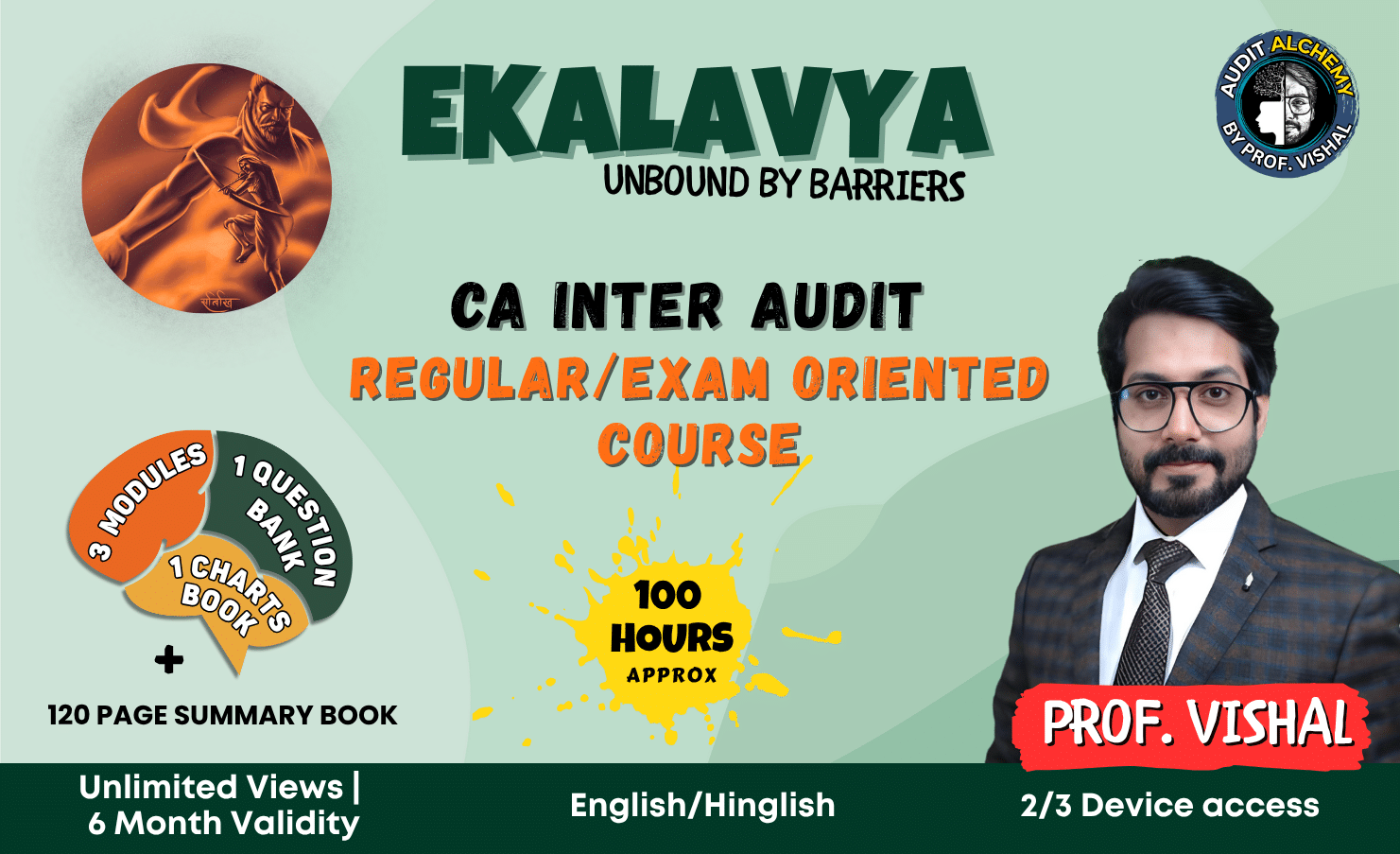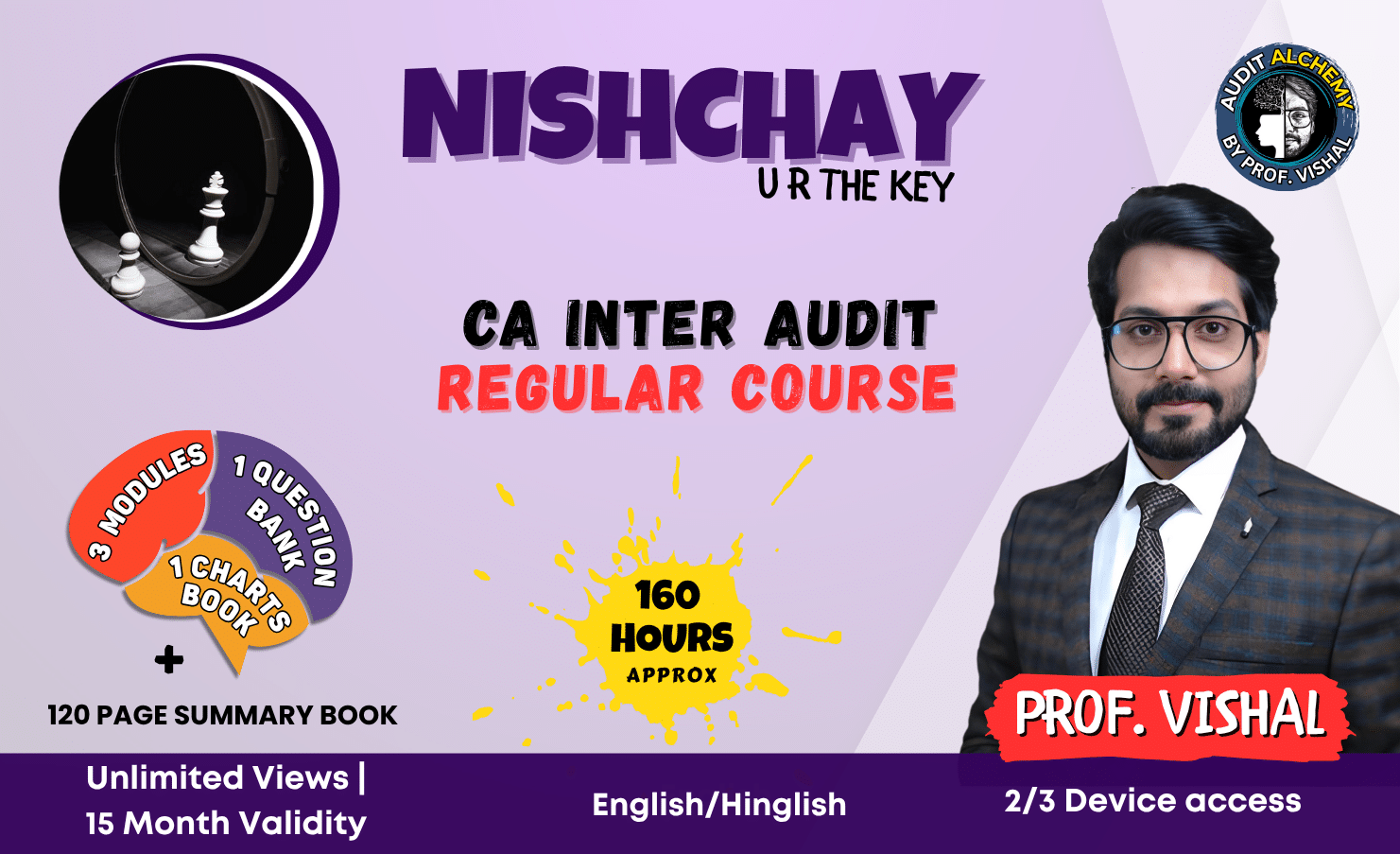Staying focused is crucial for accomplishing both professional and personal tasks, be it acing an exam or completing work efficiently. There are practical steps you can take to boost your ability to concentrate while minimizing distractions. To excel in your tasks, it’s important to resist the pull of diversions, create a to-do list, and steer clear of the pitfalls of multitasking.
Part 1: Streamlining for Improved Concentration
Organize Your Workspace:
• Whether you’re at the office or studying at home, a clutter-free environment promotes better focus.
• Remove anything that might divert your attention from your work, leaving only essential items. A tidy workspace should include only the necessities, perhaps adorned with a few personal mementos for a touch of comfort.
• Dedicate a mere ten minutes daily to maintaining this organized workspace.
• If your phone isn’t essential for your work, stow it away to prevent clutter and distraction.
Craft a To-Do List:
• Kickstart your day or week with a comprehensive to-do list. This practice not only boosts your focus but also provides a sense of accomplishment as you check off completed tasks. Prioritize your assignments, tackling the most challenging ones first to ensure peak productivity.
• Prioritization ensures that you tackle demanding tasks when your energy is at its peak.
• Sample to-do list items: “Reach out to Mom,” “Order a birthday cake for the kids,” “Return the doctor’s call,” and “Visit the post office at 2 pm.”
Effective Time Management:
• Successful time management complements your to-do list. Realistically estimate the time required for each task, then commit to completing them within those limits. This approach minimizes procrastination and fosters a dedicated work ethic.
• Balance longer tasks with shorter ones to avoid feeling overwhelmed.
Sample time allocation: “Prepare coffee: 5 minutes,” “Respond to emails: 15 minutes,” “Attend staff meeting: 1 hour,” “Transcribe meeting notes: 30 minutes,” and “Edit reports: 2 hours.”
Scheduled Breaks:
• Odd as it may sound, scheduling short breaks within your workday enhances focus. Taking a 5-10 minute break every hour or a 3-5 minute break every half-hour rejuvenates motivation, offers respite for your eyes, and prepares your mind for the next task.
• Consider setting a timer to remind you when it’s time for a break. Apps like Pomodoro can help structure your workday with pre-planned breaks.
Distraction-Free Breaks:
• To make the most of your breaks, select locations where distractions won’t intrude. Step away from your workspace, gaze out the window, embark on a brief outdoor stroll, or climb a few flights of stairs to revitalize your focus.
• Allocate dedicated reading time during breaks to recharge your mind.
Part 2: Elevating Your Focus
Enhance Focus Stamina:
• With consistent practice, anyone can improve their focus. Dedicate 30 minutes to a task without distractions, gradually extending this duration. Building your focus stamina not only bolsters productivity but also enhances your ability to concentrate.
• Over time, aim to extend your focused work sessions by increments of 5 or 10 minutes.
• While breaks are essential, longer periods of focus are valuable.
Combat Procrastination:
• Resist the temptation to postpone important tasks. Address your responsibilities promptly, preventing them from lingering and eroding your focus.
• Tackle challenging tasks early in the day to avoid procrastination.
• Procrastination undermines both focus and productivity.
Limit Multitasking:
• Contrary to popular belief, multitasking can hinder rather than enhance productivity. Shifting between tasks requires mental readjustment, slowing your progress. Embrace your to-do list, concentrating on one task at a time.
• A structured to-do list promotes a systematic approach to task completion.
Taming Online Distractions:
• Online distractions pose a formidable challenge to focus. Limit the number of open tabs to streamline your online activities. Allocate specific intervals for checking emails, social media, or other online tasks.
• Monitor your online activities, adhering to set check-in times.
Dodging Physical Distractions:
• Whether you work in an office, library, or at home, protect yourself from external distractions. Prioritize your tasks over personal interactions and create an environment conducive to productivity.
• Minimize noise with soothing music or noise-canceling headphones.
• Opt for productive environments like silent coffee shops or libraries.
Recenter with Deep Breathing:
Combat stress, irritability, or restlessness by taking a few moments to breathe deeply. Inhale deeply, exhale slowly. This surge of oxygen reinvigorates your brain, easing concentration. Consider extended breathing sessions during breaks for deeper relaxation.
Leverage the Power of Gum:
Chewing gum briefly enhances focus by increasing brain oxygenation. If gum isn’t your preference, opt for a healthy snack like nuts or carrots for a similar effect.
Moderate Caffeine Consumption:
• While a moderate amount of caffeine can provide energy, excessive intake can lead to jitteriness and hinder focus. Maintain a reasonable caffeine intake to preserve concentration.
• Balance hydration with caffeine consumption; excessive caffeine can disrupt focus.
Soothe Your Eyes:
To prevent eye strain and maintain focus, periodically gaze at distant objects for 20 seconds. This practice alleviates eye fatigue, refreshing your mental clarity.
Implement the 20-20-20 rule:
Every 20 minutes, shift your focus to an object around 20 feet away for 20 seconds.
Part 3: Sustaining Motivation for Enhanced Focus
Envision Your Goals:
• Maintaining a clear goal fuels motivation and focus. Understanding the significance of your tasks kindles determination.
• Reflect on the broader goals tied to your immediate tasks.
Set Concrete Goals:
• Pursuing a specific, meaningful goal prevents getting lost in a series of minor tasks. This overarching goal serves as a motivating force.
• Your goal could range from completing a significant project to achieving a personal milestone.
Craft a Focus Mantra:
• Create a personal mantra to repeat when distractions arise. A simple phrase refocuses your attention and reinforces your primary objective.
• Writing down your mantra and placing it on your workspace can serve as a visual reminder.






